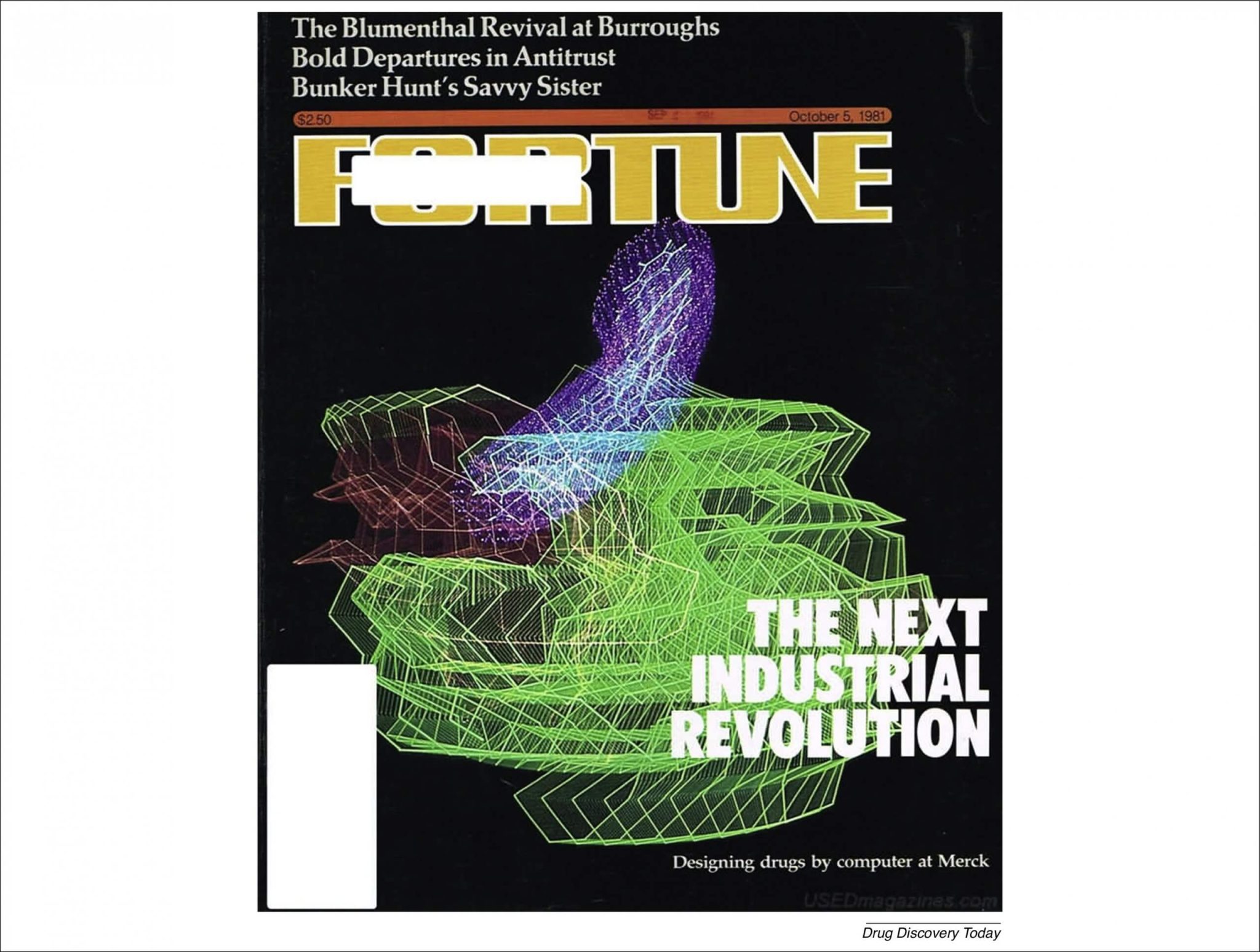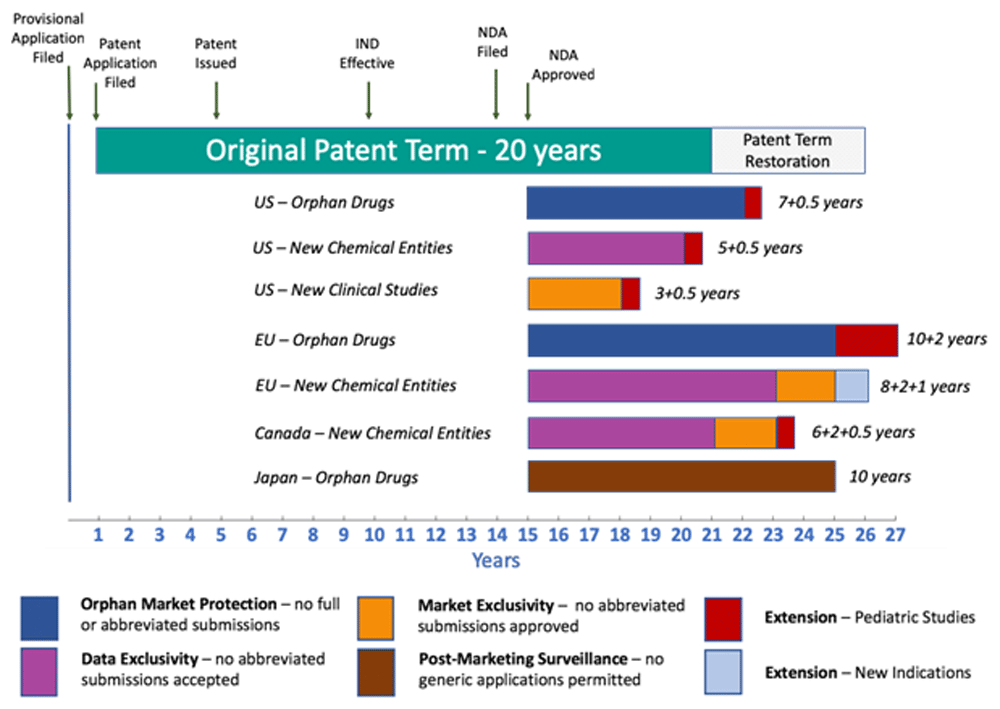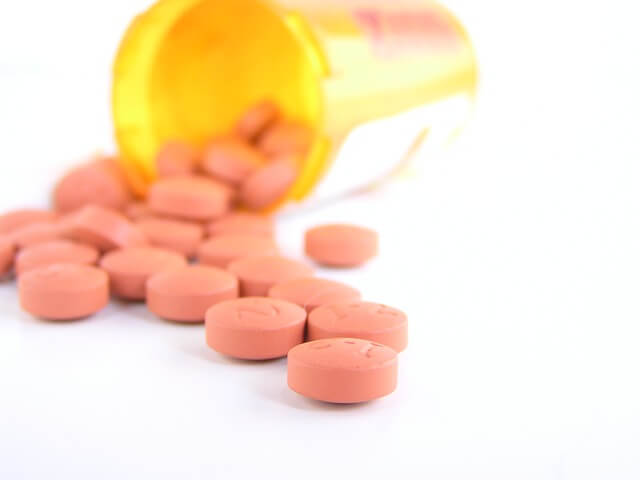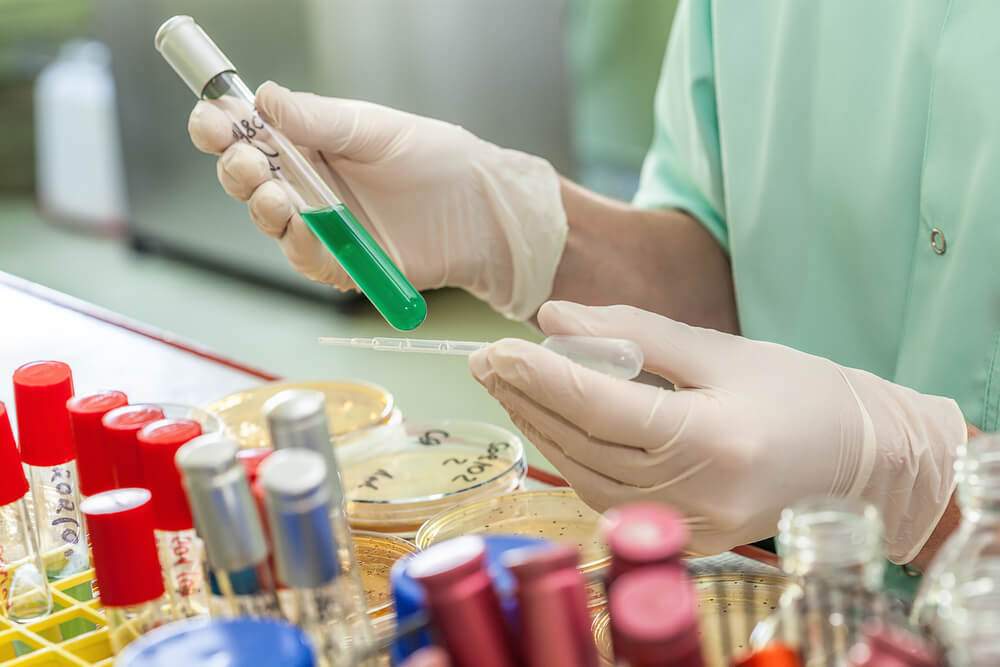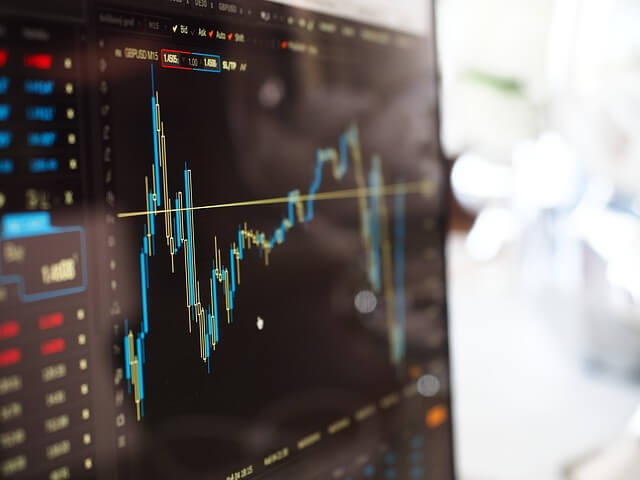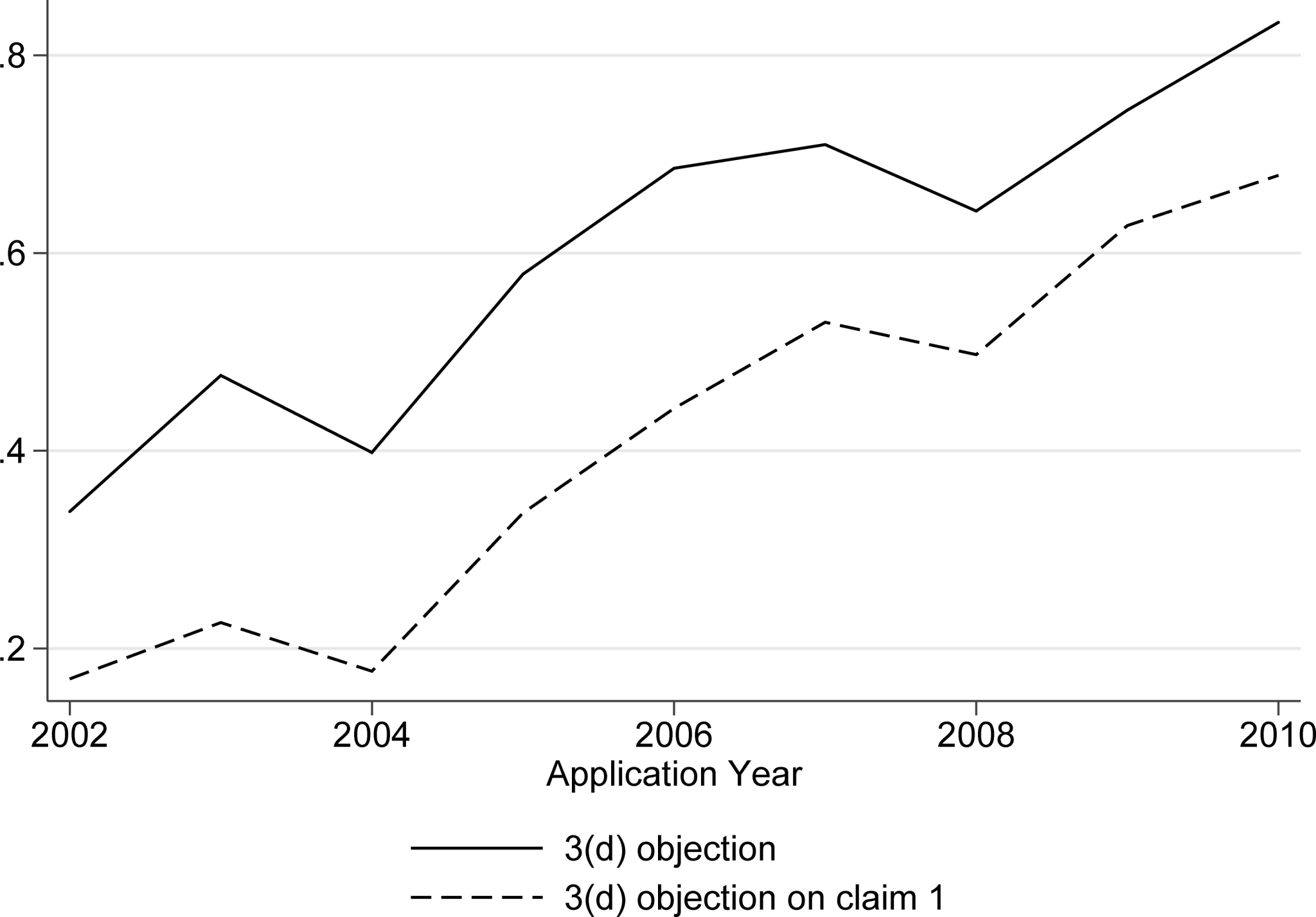
The Agreement on Trade-Related Aspects of Intellectual Property Rights (TRIPS) sets minimum standards for intellectual property protection globally, including patents on medicines. This review aims to examine the effects of intellectual property provisions in trade treaties on access to medicines in low and middle-income countries.
Background
Intellectual Property (IP) provisions in free trade agreements (FTAs) ensure protection for the creation or invention of artistic works and goods, including medicines. These provisions restrict the use and marketing of such goods, providing exclusive rights to the investors/creators to offset their sunk costs during clinical development. This protection creates a monopoly market for medicines, allowing the owner to charge high prices, which can negatively impact affordability and availability in low and middle-income countries.
TRIPS and Pharmaceutical Patents
The TRIPS Agreement covers a wide range of subjects, including patents for pharmaceuticals and other products. It attempts to strike a balance between the long-term social objective of providing incentives for future inventions and the short-term objective of allowing people to use existing inventions. The agreement sets minimum standards for patent terms, including at least 20 years for pharmaceuticals, initiated from the date of filing.
TRIPS-Plus Provisions
Subsequent bilateral and regional trade agreements have progressively expanded and extended intellectual property protection beyond the requirements of TRIPS through additional provisions known as “TRIPS-Plus” protections. These provisions enhance the monopoly power of branded pharmaceutical producers, extending the period they have exclusive markets, free from generic competition.
Data Exclusivity
Data exclusivity is a form of intellectual property protection that applies to data from clinical trials. It blocks generic competition in the pharmaceutical market after patent expiration or in the absence of patent protection. Studies have shown that countries implementing data exclusivity have higher medicine prices, with the average rate of price growth being 2.4 to 4.5 percentage points higher each year.
Impact on Access to Medicines
The implementation of TRIPS-Plus provisions and data exclusivity has been associated with higher medicine prices and decreased consumer welfare. This can lead to reduced access to medicines in low and middle-income countries, where individuals and health systems cannot afford higher prices. The global COVID-19 pandemic has highlighted the need to address these inequalities in access to medicines and vaccines.
Conclusion
Both ex-ante and ex-post studies have reported an increase in medicine prices and a decrease in consumer welfare with the imposition of intellectual property protection in trade agreements. The main differences between these studies are in the magnitude of the changes. There is a gap in our empirical understanding of the mechanisms through which such changes affect access to medicines and which outcomes relevant to access are most affected by which type of changes in intellectual property policy and law.
Future Research Agenda
Future research should investigate the effect of trade agreements’ intellectual property provisions on access to medicines, focusing on the impact of TRIPS-Plus provisions and data exclusivity on medicine prices and availability. This will help inform health and human rights impact assessments and provide a more comprehensive understanding of the potential points of intersection and impacts of trade agreements on national pharmaceutical policy.
“The implementation of TRIPS-Plus provisions and data exclusivity has been associated with higher medicine prices and decreased consumer welfare. This can lead to reduced access to medicines in low and middle-income countries, where individuals and health systems cannot afford higher prices.”
References
Impacts of intellectual property provisions in trade treaties on access to medicine in low and middle-income countries. (2019). Retrieved from https://www.ncbi.nlm.nih.gov/pmc/articles/PMC6937733/
A Strict IP Rule in US Free Trade Agreements is Associated with Higher Drug Prices in Importing Countries. (2021). Retrieved from https://www.bu.edu/gdp/2021/04/21/a-strict-ip-rule-in-us-free-trade-agreements-is-associated-with-higher-drug-prices-in-importing-countries/
TRIPS and pharmaceutical patents: fact sheet. (2006). Retrieved from https://www.wto.org/english/tratop_e/trips_e/factsheet_pharm00_e.htm
Patents, International Trade Law and Access to Essential Medicines. (n.d.). Retrieved from http://websites.umich.edu/~spp638/Coursepack/ipr-msf.pdf
Analyzing the impact of trade and investment agreements on pharmaceutical policy: provisions, pathways and potential impacts. (2019). Retrieved from https://globalizationandhealth.biomedcentral.com/articles/10.1186/s12992-019-0518-2



